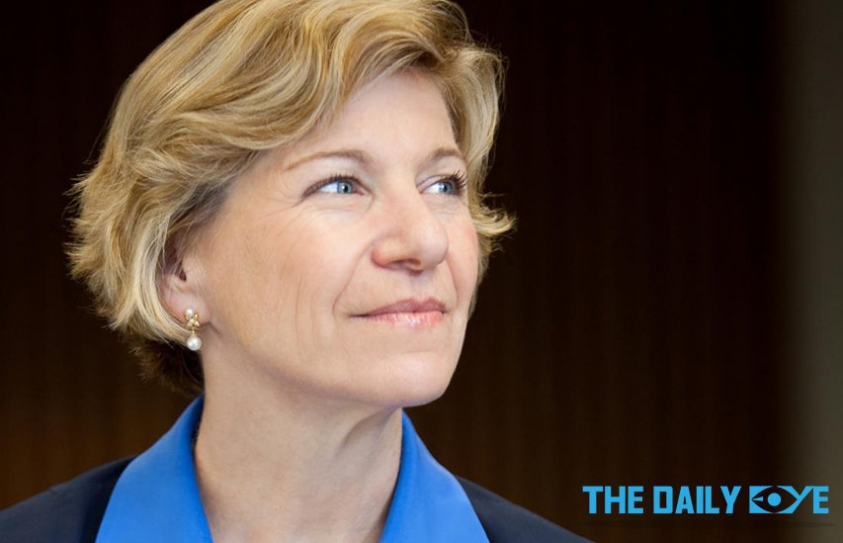
Sustaining our Development
by Revati Tongaonkar September 14 2017, 6:26 pm Estimated Reading Time: 2 mins, 55 secsThe CEO of the Bill and Melinda Gates Foundation, Sue Desmond-Hellmann spoke to livemint.com, discussing the need to provide healthcare to India's poor to achieve the sustainable development goals.
Desmond-Hellmann spoke positively about the Goalkeepers Report, which is an annual progress report that check across varied themes, from infant mortality to HIV patients, and which is about to be published soon. She appreciated the kind of data analysis being done, while emphasizing on what she calls the 'jeopardy' that gets reported. For instance, she said, it is clearly visible that if "...there is a 10% budget cut to treatment, an extra five million people will die of HIV between now and 2030." The report then helps authorities determine which area needs support and then finance it appropriately. Another thing that the report does is give us a checklist of sorts every year, to see how far we've come to match up against the SDGs (Sustainable Development Goals) of 2030, and give us something to drive against.
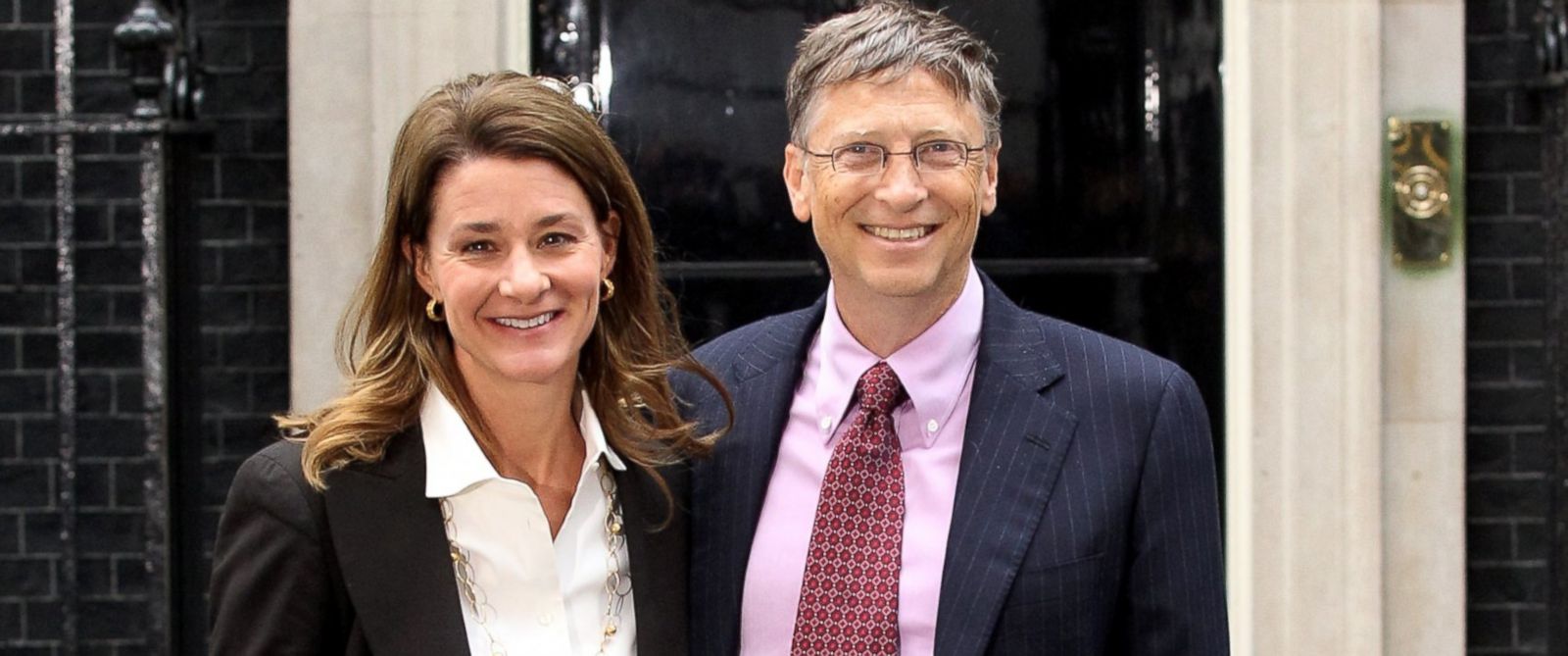
It has been two years since the SDGs were announced, and the reports show both distressing and hopeful sides of our world- for example, Ethiopia saw an unprecedented reduction in maternal mortality rates as a result of a health extension program that was introduced following a report highlighting the lacks in the existing system. It, however, also shed light on the risks still existing- although the number of HIV infected patients decreased post the establishment of the Global Fund to combat HIV-AIDS, data modeling shows that in the Sub-Saharan region, many young ones are at a high risk still, and both funding, and research in this area needs to continue.
Talking about India, Desmond-Holland said that, the heart of their focus was enabling formal financial services. Too many times we think of poverty as a mere absence of money, but it goes beyond that- it branches out to mean a lack of access to basic financial services such as a bank account, and savings, something which are unavailable to many. An estimated two billion people survive today without a formal financial system, and consequently, without a formal presence in the world. India has taken steps to change that- with new insurance schemes for the poor and Aadhaar services, we are slowly undergoing a financial revolution, spreading financial awareness and encouraging mobile money, and helping our forgotten ones- minorities and women to gain control of their own lives, start up businesses and become independent.
The CEO said that she was extremely positive about India's commitment, and about collaborating with the government to improve existing health systems. If the world wants to achieve its development goals, she says, India must succeed. She mentioned the efforts being taken in Uttar Pradesh and Bihar to change the scene regarding maternal and infant mortality, the importance of malaria and tuberculosis, and emphasized that the private sector needs to do well too. Desmond-Holland acknowledged the government's efforts saying that a child was less likely to die before reaching the age of 5 than 25 year ago- the National Health Policy and 15-year vision plans were making an impact, but we need to tap into technology to improve things. The health system, she emphasized, was the most important thing to focus on, in India, making sure that it was equally accessible to everyone.
She ended the talk saying that while government funding and philanthropy was extremely essential to the success of a program, organisations need to leverage creative financing mechanisms from the World Bank or other developmental banks as well.




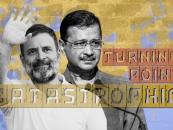
-173X130.jpg)
-173X130.jpg)
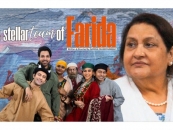
-173X130.jpg)
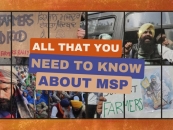

-173X130.jpg)